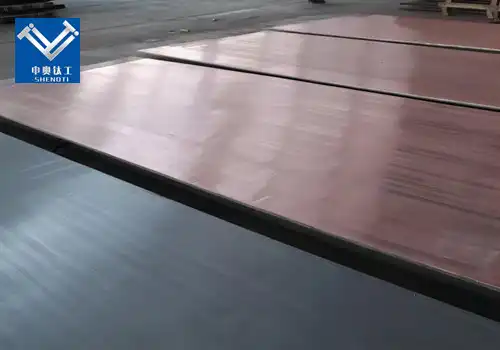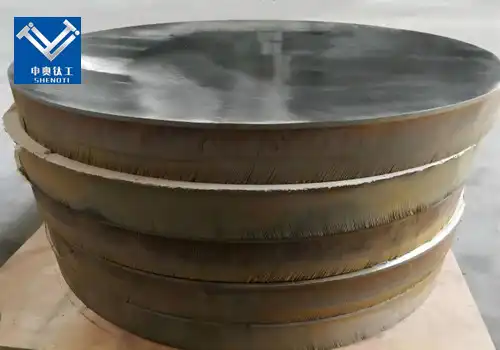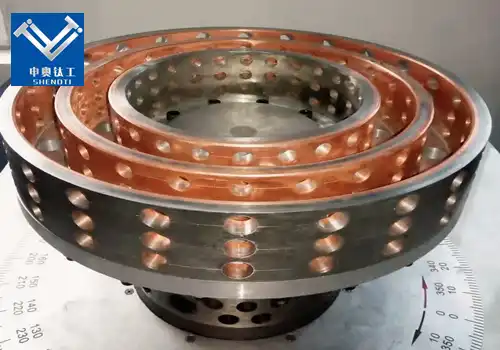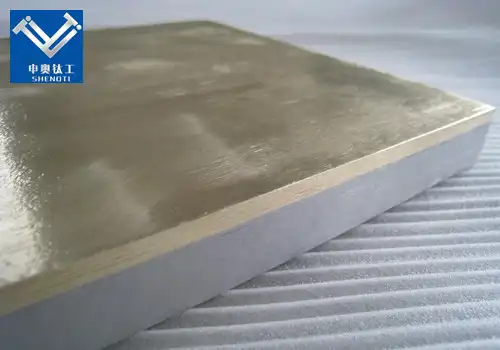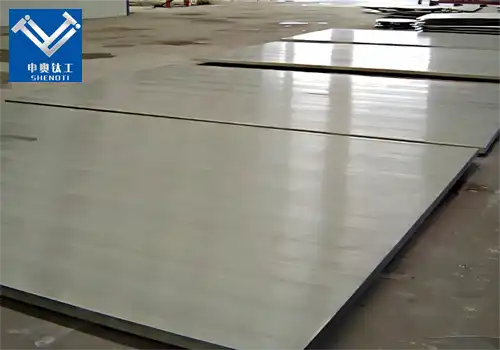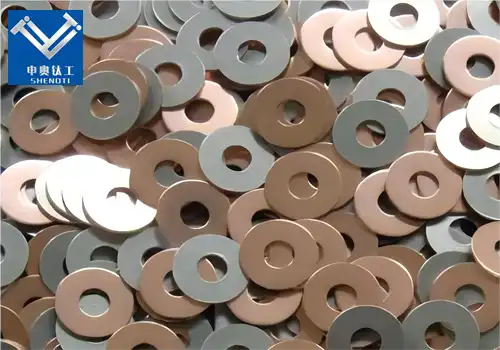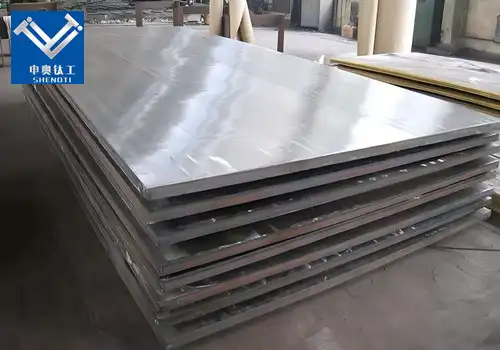
What is a Platinum-Plated Anode?
2025-07-17 13:58:29
What is a Platinum-Plated Anode?
A platinum-plated anode is a high-efficiency electrode coated with a thin layer of platinum on a conductive substrate such as titanium, niobium, or tantalum. Due to platinum’s excellent electrochemical stability, corrosion resistance, and conductivity, these anodes are widely used in industries where durability and precision are essential.
In various electrochemical processes—especially where aggressive environments and long service life are key—platinum-plated anodes outperform traditional anodes in both performance and longevity. As demand for sustainable and cost-efficient solutions grows, these advanced anodes are playing a central role in sectors like electroplating, water treatment, semiconductor manufacturing, and electrolytic production.
Why Choose Platinum-Plated Anodes Over Conventional Anodes?
1: Superior Corrosion Resistance
Platinum is one of the most corrosion-resistant materials known. When plated onto a chemically stable substrate, the anode becomes highly resistant to acids, alkalis, and other corrosive media, extending operational life significantly.
2: Enhanced Electrochemical Performance
A platinum-plated anode offers excellent current efficiency and low overpotential, reducing energy consumption during electrolysis or plating. These features make it ideal for precision applications.
3: Long Service Life
With proper design and operating parameters, platinum-plated anodes can last for thousands of hours without performance degradation, lowering maintenance costs and downtime for industrial users.
Applications of Platinum-Plated Anodes
1: Electroplating Industry
Platinum-plated anodes are widely used in precious metal electroplating, such as gold, platinum, palladium, rhodium, and other high-value coatings. The stable and inert surface ensures uniform deposition and avoids contamination.
2: Semiconductor and Electronics
In semiconductor fabrication, high-purity and high-precision electrode materials are essential. Platinum-plated anodes are used in processes like wafer cleaning, photoresist stripping, and copper damascene electroplating.
3: Water Treatment and Electrolysis
In electrochemical water treatment systems—such as electrolytic disinfection, electro-chlorination, and electro-flocculation—platinum anodes maintain performance even in saline and acidic environments.
4: Electrolytic Production of Chemicals
Industrial synthesis of compounds like perchlorates, chlorates, and hydrogen peroxide benefits from the high current density and oxidative stability of platinum-plated electrodes.
How Platinum-Plated Anodes Are Manufactured
1: Substrate Material Selection
The base material is typically titanium, niobium, or tantalum, chosen for its conductivity, mechanical strength, and resistance to corrosion. These metals serve as ideal carriers for platinum coating.
2: Electroplating or Thermal Deposition
The platinum layer is applied using electroplating or thermal decomposition methods, ensuring strong adhesion, uniform coverage, and control over thickness (typically 1–10 microns).
3: Surface Treatment and Quality Control
After deposition, the anodes undergo surface polishing, activation, and integrity testing to ensure high-quality output that meets industrial standards. Parameters like coating thickness, bond strength, and surface morphology are rigorously evaluated.
Key Technical Specifications
Substrate Material: Titanium (Gr1/Gr2), Niobium, Tantalum
Coating Thickness: 1–10 microns (customizable)
Operating Current Density: 50–500 A/m²
Operating Temperature: Up to 80°C
Expected Lifespan: 5,000–20,000 hours (varies by use)
Electrolyte Compatibility: Acidic, Alkaline, Saline
Industries Benefiting from Platinum-Plated Anodes
H3: Aerospace and Defense
Platinum-coated electrodes are used in specialized electroplating processes to protect critical components from corrosion, wear, and oxidation in high-altitude and high-stress environments.
H3: Automotive and EV Industry
The rise of electric vehicles (EVs) requires advanced energy storage and sensor systems, where platinum-plated anodes enable high-performance electrochemical sensor fabrication and component finishing.
H3: Renewable Energy Systems
From hydrogen fuel cells to electrolyzers, platinum’s role as a catalytic and durable surface makes these anodes key in next-generation clean energy technologies.
Advantages of Using Platinum-Plated Anodes
1. High Current Efficiency
Reduces energy consumption and improves production throughput.
2. Exceptional Durability
Withstands harsh electrochemical conditions for long operational life.
3. Stable Performance
Platinum coating ensures consistent operation without passivation or degradation.
4. Low Maintenance
Fewer replacements and stable coating minimize downtime.
5. Customizable Design
Available in rod, plate, mesh, wire, or custom geometries to suit any industrial system.
Maintenance Tips for Prolonging Anode Life
Avoid physical damage to the platinum surface by handling with care.
Operate within recommended current density to prevent premature wear.
Regularly clean the anode with mild acids to remove scale or deposits.
Monitor voltage and performance to detect signs of degradation early.
How to Choose the Right Platinum-Plated Anode for Your Application
H3: Define Your Process Parameters
Understand your electrolyte composition, temperature, required current density, and operating cycle.
1: Choose the Right Substrate
Titanium is best for chlorine-based applications, while niobium and tantalum are ideal for strong acid environments.
2: Specify Geometry and Mounting
From rods to expanded mesh to custom forms, the anode should be designed to fit your tank, cell, or system perfectly.
3: Consult a Professional Manufacturer
Work with a trusted platinum-plated anode manufacturer to ensure correct material selection, precise coating, and post-sales support.
Why Partner With Us for Platinum-Plated Anodes?
At Baoji City ShenAo Metal Materials Co., Ltd., we specialize in the production of high-quality platinum-plated anodes tailored to industrial and scientific applications worldwide. With over a decade of experience in titanium electrode and precious metal coating technologies, we deliver:
✔ Custom designs and sizes
✔ Strict quality control and traceability
✔ Competitive pricing for large and small volumes
✔ Global shipping and responsive customer service
Conclusion: Elevate Your Process with Platinum-Plated Anodes
From advanced plating lines to clean energy systems, the platinum-plated anode offers unmatched reliability, efficiency, and longevity. Whether you are upgrading your electroplating system, expanding a wastewater treatment facility, or pioneering new energy technologies, platinum-coated electrodes are the smart, future-ready choice.
Contact us today to explore custom solutions for your application.
Contact Us
Baoji City ShenAo Metal Materials Co., Ltd.
Email: zh@baojiti.com.cn
Website: www.shenaocladplate.com
Location: Baoji, China – The Titanium Valley of Asia
YOU MAY LIKE











